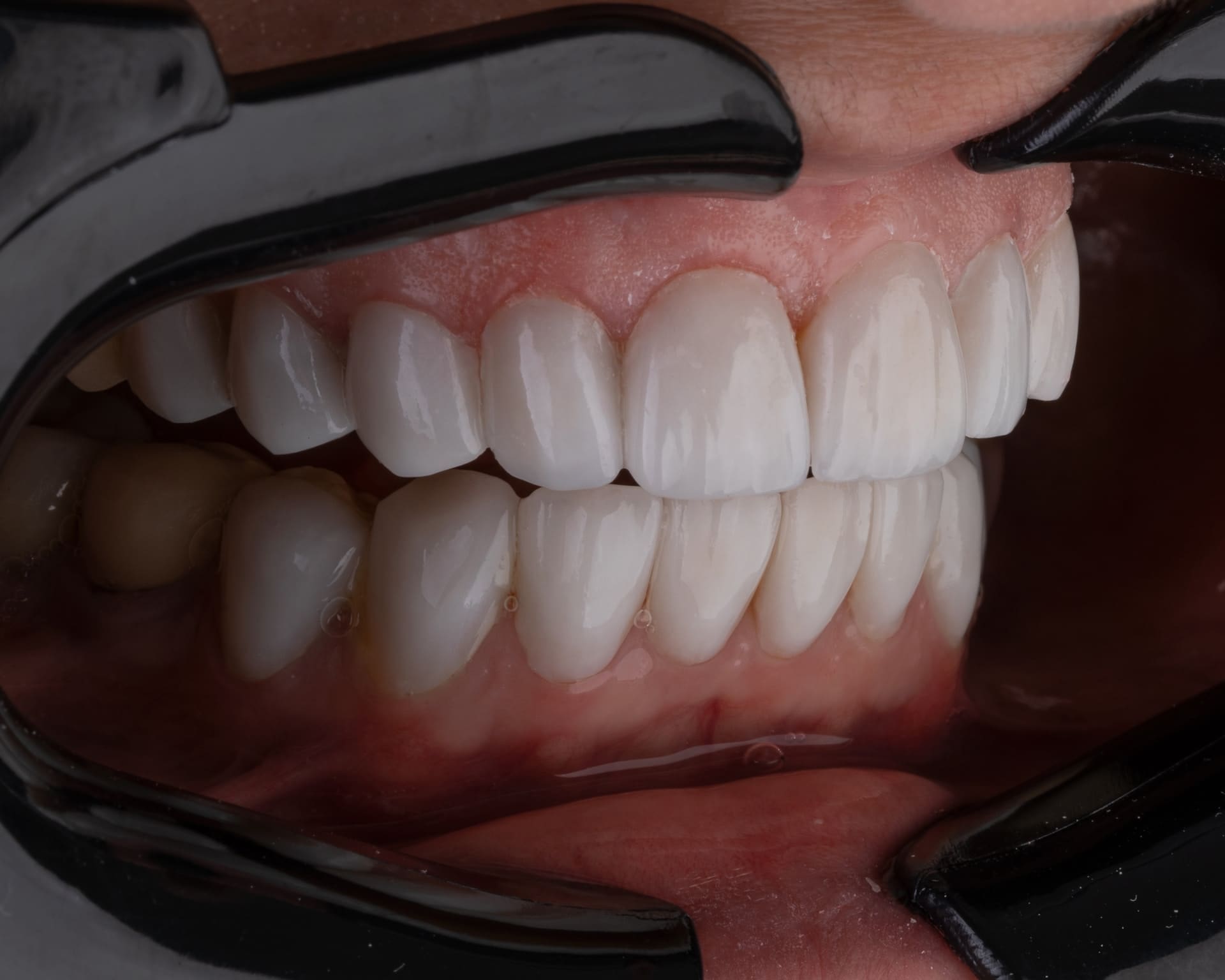The Benefits of Porcelain Dental Crowns
Porcelain dental crowns offer several advantages over other types of dental restorations, making them an ideal solution for addressing a variety of dental issues:- Natural Appearance: Porcelain crowns are crafted from high-quality dental ceramics that closely mimic the look, feel, and translucency of natural tooth enamel. This feature allows for a seamless integration with your existing teeth, providing a natural, aesthetically pleasing result.
- Strength and Durability: Dental porcelain is known for its toughness and resistance to wear, providing a long-lasting, durable restoration that can withstand daily biting and chewing forces.
- Versatility: Porcelain crowns can be used to address a wide range of dental problems, including chipped or cracked teeth, severe tooth decay, and tooth discoloration. They also have the ability to support dental bridges and restore dental implants.
- Biocompatibility: Porcelain crowns are well tolerated by the body and typically cause minimal irritation to surrounding tissues, making them a suitable option for patients with metal allergies or sensitivities.
The Porcelain Dental Crown Treatment Process
The procedure for placing a porcelain dental crown generally requires two appointments:- Tooth Preparation: During the first appointment, your dentist will carefully examine and assess the damaged tooth. They will then prepare the tooth by removing any decayed or damaged structure and shaping it to support the dental crown. Impressions of your tooth will be taken and sent to a dental laboratory, where the custom porcelain crown will be created.
- Temporary Crown: While waiting for the permanent porcelain crown, your dentist may place a temporary crown to protect your prepared tooth and maintain its function and appearance.
- Crown Placement: At your second appointment, once your custom porcelain crown is ready, your dentist will remove the temporary crown and ensure the permanent crown fits correctly. If everything looks and feels satisfactory, the porcelain crown will be cemented onto your prepared tooth, completing the restoration process.
Caring for Your Porcelain Dental Crown
Proper care and maintenance play a vital role in the longevity of your porcelain dental crown. Follow these tips to help keep your crown in good condition:- Brush and Floss Regularly: Maintain a diligent oral hygiene routine by brushing your teeth twice a day and flossing daily to remove plaque and bacteria that can accumulate around the crown.
- Schedule Regular Dental Appointments: Visit your dentist regularly for checkups and cleanings to maintain your overall oral health and ensure the longevity of your crown.
- Avoid Hard or Sticky Foods: Porcelain crowns are incredibly strong, but they still can be damaged or dislodged by particularly hard or sticky foods. Exercise caution when eating such items to protect your crown.
- Wear a Night Guard: If you suffer from bruxism (teeth grinding), consider wearing a custom-made night guard to shield your crown and natural teeth from the damaging effects of grinding.
When to Consider a Porcelain Dental Crown
A porcelain dental crown may be recommended in several circumstances, including:- Significant Tooth Decay: For teeth with extensive decay or large fillings that have compromised the overall tooth structure, a dental crown may be necessary to restore and protect the remaining tooth.
- Broken or Cracked Teeth: A dental crown can be used to repair and strengthen a broken or cracked tooth, restoring its function and appearance.
- After Root Canal Therapy: Following root canal treatment, a dental crown is typically placed on the treated tooth to protect it from further damage and restore its function.
- Cosmetic Purposes: Porcelain crowns may be utilized to improve the appearance of severely discolored or misshapen teeth that do not respond to other cosmetic treatments like dental veneers.


